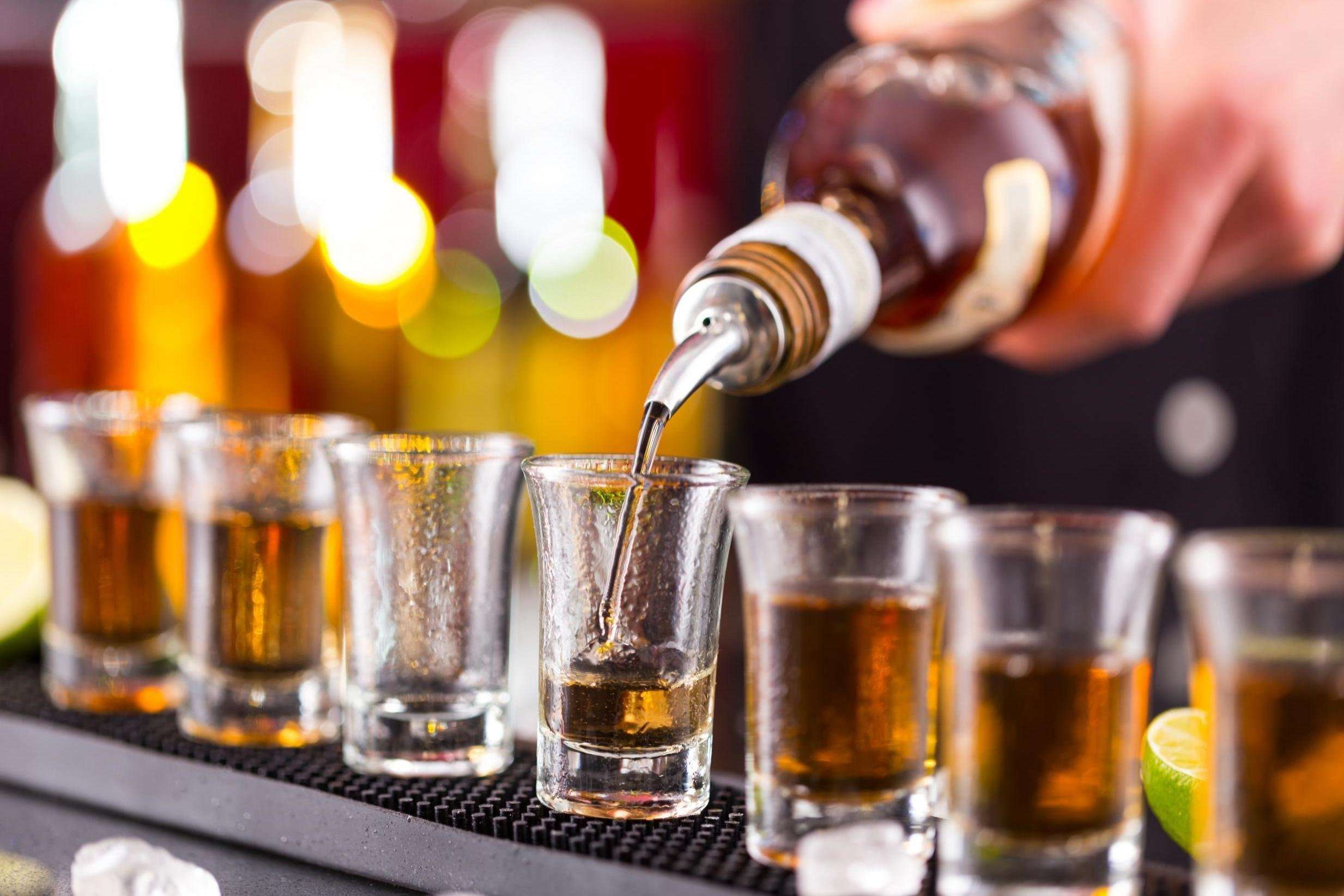Alcohol that makes you feel drunk without the coinciding hangover may be available within five years, according to researchers.
The synthetic alcohol, named Alcarelle, was created by Professor David Nutt - who believes it will change alcohol consumption, once it is regulated.
Nutt, who previously worked as the government’s chief drug adviser before he lost his job after claiming that ecstasy and LSD were less dangerous than alcohol, created the alcohol replacement molecule “alcosynth” with his partner David Orren.
We’ll tell you what’s true. You can form your own view. From 15p €0.18 $0.18 USD 0.27 a day, more exclusives, analysis and extras.
According to Nutt, he came up with the synthetic alcohol after first discovering an antidote to alcohol in 1983 when he was still a PhD student.
“I was studying the effects of alcohol on the Gaba system,” he told The Guardian. Although Nutt realised that the antidote was too dangerous, he decided to continue studying Gaba receptors and how they react under the influence of alcohol.
Shape Created with Sketch. The top 10 countries that drink the most alcohol Show all 10 left Created with Sketch. right Created with Sketch. Shape Created with Sketch. The top 10 countries that drink the most alcohol 1/10 10. Poland 2/10 9. Germany 3/10 8. Luxembourg 4/10 7. France 5/10 6. Hungary 6/10 5. Russia 7/10 4. Czech Republic 8/10 3. Estonia 9/10 2. Austria 10/10 1. Lithuania 1/10 10. Poland 2/10 9. Germany 3/10 8. Luxembourg 4/10 7. France 5/10 6. Hungary 6/10 5. Russia 7/10 4. Czech Republic 8/10 3. Estonia 9/10 2. Austria 10/10 1. Lithuania
With alcosynth, Nutt claims it can identify Gaba receptors that induce tipsiness while avoiding receptors that result in adverse side effects such as headaches
“We know where in the brain alcohol has its ‘good’ effects and ‘bad’ effects, and what particular receptors mediate that - Gaba, glutamate, and other ones such as serotonin and dopamine,” he said. “The effects of alcohol are complicated but… you can target the parts of the brain you want to target.”
The synthetic alcohol will also allow modifications - meaning you can choose whether you want to feel the effects of a party drink or a drink over lunch with colleagues - but you won’t be able to get drunk off of it.
Currently, only Nutt and the other researchers in the lab have tried Alcarelle as it has not undergone safety testing yet.
However, the researchers have come up with a five-year plan alongside food scientists to have the molecule regulated as a food additive or ingredient.
Regulation of the ingredient will require being able to show that it does not “produce toxicity like alcohol” and “doesn’t have the bad effects of alcohol,” according to Nutt.
As for its place in the alcohol industry, global drinks analyst Jonny Forsyth told The Guardian there is a place for Alcarelle if it is regulated because the "industry is increasingly investing in alcohol alternatives."
"If the science is right, and if it's easy to mask the taste, I think it's got a great chance," he said.

benkenobi5 on March 27th, 2019 at 05:02 UTC »
I reject this name, and will forever call it synthehol
Smgth on March 27th, 2019 at 04:57 UTC »
Synthahol straight out of a replicator, just like Riker used to make...
vinotheque on March 27th, 2019 at 04:29 UTC »
While they’re at it I need synthetic donuts and pizza that won’t make me fat.